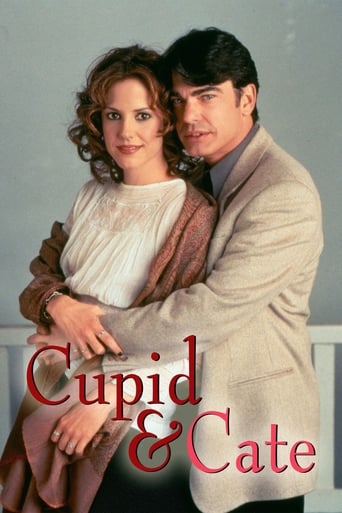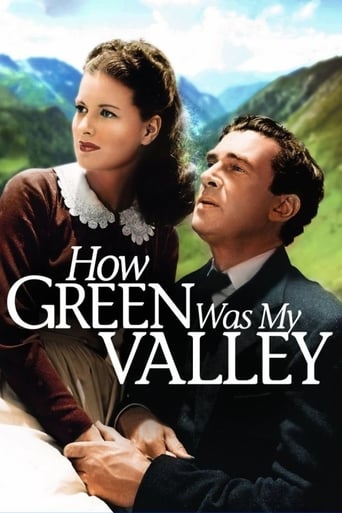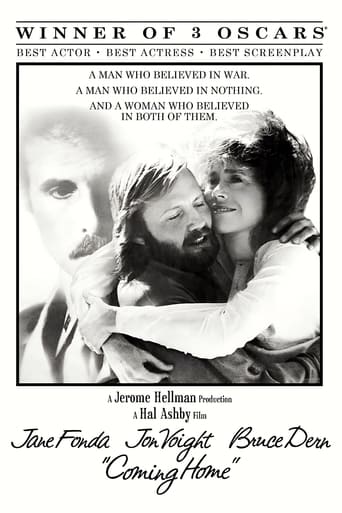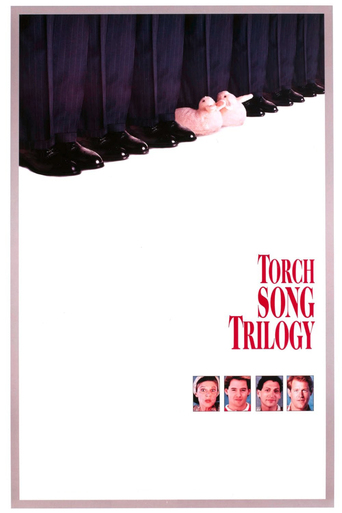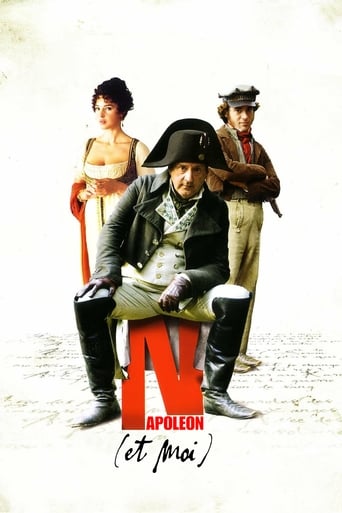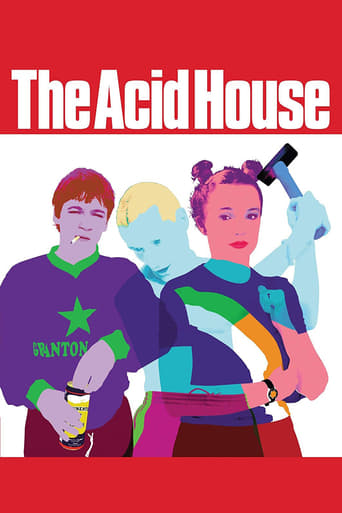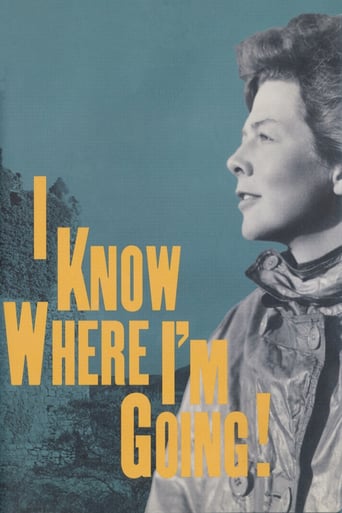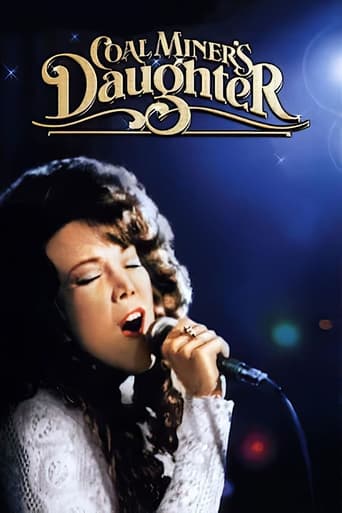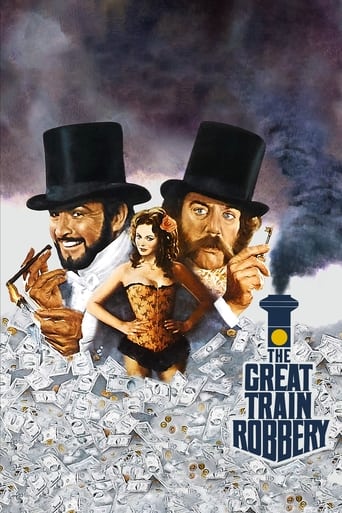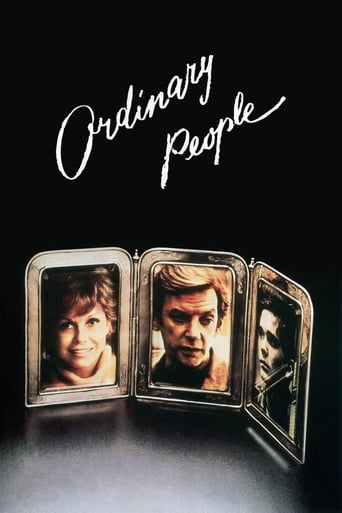


Ordinary People
Beth, Calvin, and their son Conrad are living in the aftermath of the death of the other son. Conrad is overcome by grief and misplaced guilt to the extent of a suicide attempt. He is in therapy. Beth had always preferred his brother and is having difficulty being supportive to Conrad. Calvin is trapped between the two trying to hold the family together.
-
- Cast:
- Donald Sutherland , Mary Tyler Moore , Judd Hirsch , Timothy Hutton , M. Emmet Walsh , Elizabeth McGovern , Dinah Manoff


Similar titles
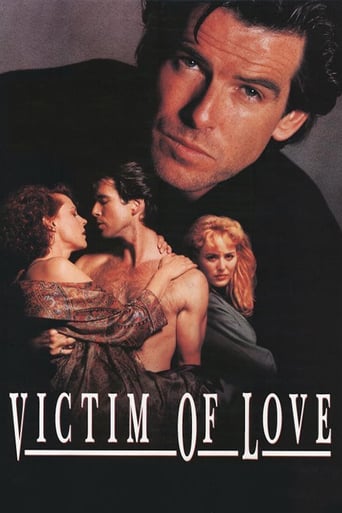
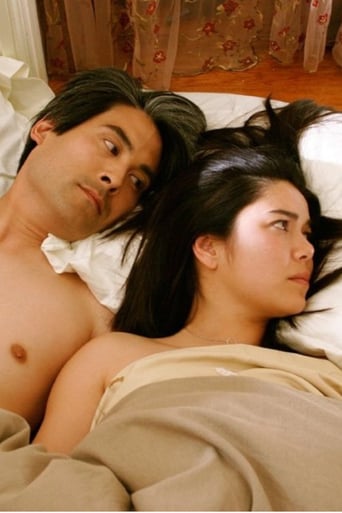
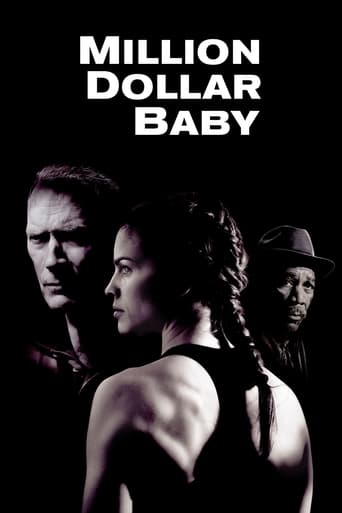


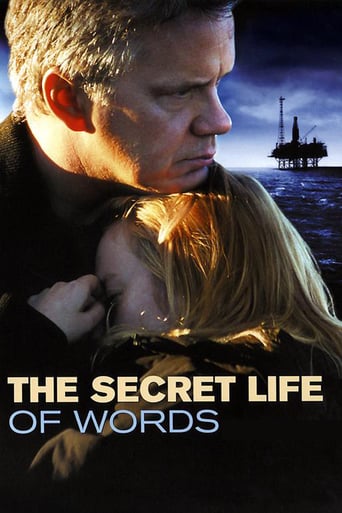
Reviews
Good movie but grossly overrated
Don't listen to the Hype. It's awful
Exactly the movie you think it is, but not the movie you want it to be.
This movie tries so hard to be funny, yet it falls flat every time. Just another example of recycled ideas repackaged with women in an attempt to appeal to a certain audience.
Film Review: "Ordinary People" (1980)Based on a best-selling novel by Judith Guest, firstly published in 1976, then optioned by producer Ronald L. Schwary with an exclusive "Paramount Pictures" distribution deal, when actor turns to Academy-Award-winning directions by Robert Redford, with an immensely eye for character close-up and details in beat acting, sends his cast into a storm of emotions, where the center-theme between a relentless mother character, icely-cold as bare-to-the-bone, cleanly-sweeped portrayal by actress Mary Tyler Moore (1936-2017), who will not forgive her younger on-screen son Conrad, featuring heart-breaking Acdemy-Awarded constant-beating scene work from 18-year-old actor Timothy Hutton, whose character mentally suffers "The Impeccable" due to an inter-familiar-conviction for an accidently-committed death of the mother's first-born favorited son in a yachting boat trip, skillfully intercut within psychiatrist-chamber session alongside Academy-Award-nominated Judd Hirsch, when the only stability to a fulminate simplistic story-line on a mother preparing to leave the past and family life behind in this "Best Picture" Academy-Award winner, ruling-out visionary late black-and-white cinematic masterworks as medical-drama "The Elephant Man" directed by David Lynch and "Raging Bull" directed by Martin Scorsese, when Robert Redford's brutally-honest picture gets conceived to all-around conventional establishments agreed on March 31st 1981 at the Oscars in its 53rd Edition."Ordinary People" is a tense drama on the human condition, when the only likable character comes along with solidly-life-excepting manner playing supreme actor Donald Sutherland, whose portrayal of a loving father standing by family members in crisis, no-matter-what, does not need any public recognition to an extent that some family conditions are bound, if not to say, must break to be one's solely-full-comitted self in a forever scared lively environment, which is not mend to heal but simply to be comprehended by the person next to you.© 2018 Felix Alexander Dausend (Cinemajesty Entertainments LLC)
In 1980, Robert Redford proved to Hollywood he was more than just a pretty face by directing Ordinary People and winning the Best Director Oscar the following year. Really, though, did anyone think he was just a pretty face? By the time Ordinary People hit the theaters in September 1980, he'd starred in Neil Simon's most successful Broadway play, been nominated for a Best Actor Oscar, won a Golden Globe for Most Promising Newcomer, been nominated for an Emmy, won three Henrietta World Film Favorite Awards, won a BAFTA award for Best Actor, won a Western Heritage Award, been nominated for four Golden Laurels, and created a little contribution to independent cinema called the Sundance Film Festival.In Ordinary People, Donald Sutherland and Mary Tyler Moore are grieving over the death of their favored son. Timothy Hutton, the other son, has spent four months in a mental hospital after an attempted suicide. He's far from well-adjusted when he returns to his dysfunctional family environment, and the film follows everyone's grieving process and how they adjust to their new "normal". This is a very tense family drama, and a groundbreaking film at the time.Moore showed an incredible new side to her acting talents, since this role was so different from her television roles on The Dick Van Dyke Show and The Mary Tyler Moore Show. I've actually never seen her television work, so it's hard for me to imagine her as anything but a serious dramatic actress. If that sounds silly to you, watch this movie and you'll understand. Moore was nominated for Best Actress at the Oscars in 1981, and Hutton, who was only twenty years old, was and is the youngest actor to win Best Supporting Actor. I always say it's incredible to find child actors who are able to give a good, reliable performance, but it's equally incredible to see young adults who are terrific actors. Young children are used to taking orders from grown-ups, but young adults are at the age where they're starting to rebel from authority figures. They're just starting to discover who they are, and attempting to lose themselves in an acting role could feel confusing and unsafe. At the delicate age of twenty, Timothy Hutton gives a deep feeling, unforgettable performance.
Ordinary People is an ironic title. The main players are far from ordinary, suffering a trauma of the death of the eldest child in a sailing accident. They also are what could be termed middle class, even upper middle class but not ordinary.Ordinary People was the directorial debut of superstar actor Robert Redford who makes a small, intimate, unflashy picture with his main strengths being the acting from its cast.Conrad Jarrett (Timothy Hutton) feels guilty about his brother's death because he survived the incident and Buck did not. He attempts to commit suicide which has led to an extended stay in hospital.Returning home he is trying to rebuild his life. His father Cal (Donald Sutherland) is understanding, patient and wants him to continue his recovery by seeing a psychiatrist. His mother Beth (Mary Tyler Moore) loved her eldest son but seems cold and distant when it comes to Conrad. She wants life to carry on as before and for Conrad to get over it. Conrad arranges to see Dr Berger (Judd Hirsch) who helps Conrad and in due course even his father also goes to see Dr Berger as well.At the time the subject matter was not something that was intelligently dealt with in mainstream movies. Now it is a common television of the week subject matter.The film delves into Conrad's psyche. A precocious teenager who is lost. One friend he knew from hospital and who seems to be pulling through later dies. Eventually it is Dr Berger who gets through to him and it is his father's understanding he comes to appreciate.The film also examines Cal and Beth. Parents who have lost a child, nearly lost another and their differing ways in dealing with this. Redford confounds the audience by making the mother brittle and aloof. Tyler-Moore known for comedies pulls out a character that is all too real. She is a strong and determined woman and yet behind it all hiding her pain, putting a brave face to the world and wondering why the others could not do the same. She was nominated for a best actress Oscar.Sutherland failed to be nominated for his perceptive and kind father, he provides the warmth that Conrad needs and he also realises at the end that he and Beth are over.Ordinary People won the Oscar for Best Picture and Best Director for Redford. It beat the more flashy and controversial Raging Bull which came to be regarded as the best film of the 1980s. Timothy Hutton who had the lion's share of the film won the Best Supporting Actor Oscar. A cynical move to shield him from the Best Actor category as the producers knew he would be no match that year from the Robert De Niro avalanche.Ordinary People is an examination of middle class mores and middle class life in crisis in late 1970s/early 1980s America.
Based on the 1976 novel of the same name by Judith Guest, this is a beautifully written, acted and directed exploration of the dynamics of a dysfunctional family, grief and depression. It is a deeply moving, intelligent and honest film which Robert Redford, making his directorial debut, handles in a superb manner. The script by Alvin Sargent is wonderful and features the best on screen depiction of depression that I have ever seen.The lead role of Conrad Jarrett is played by Timothy Hutton, who was only 19 at the time. Conrad is struggling with coming to terms with the accidental drowning of his elder brother Buck. As he was present at the time and unable to save him, he is suffering from both PTSD and survivor's guilt which led him to attempt suicide. Understandably, Conrad is in emotional turmoil at the beginning of the film and his experiences make it impossible for him to resume his normal life at home or in school. Many of his problems are compounded by the fact that he has such a poor relationship with his mother Beth, whom he feels does not love him or perhaps even hates him. Hutton is wonderfully natural in the role and Conrad always seems like a real person. In the early parts of the film, he is fidgety, short-tempered, easily distracted, seems unable to focus his thoughts, does not know (at least consciously) exactly why he feels so bad, occasionally says and does things which he immediately regrets and cannot even imagine feeling any better than he does at any given moment. All of these are feelings associated with depression and Hutton perfectly communicates them to the audience. He won a Best Supporting Actor Oscar for his role at only 20 and he is the youngest male to ever win an Oscar. Although he was fourth billed, he is certainly the star of the film and should really have been nominated for Best Actor. However, perhaps this was done deliberately so that he would have a better chance of winning a well-deserved award for his excellent performance.In one of the most inspired examples of casting against type in film history, Mary Tyler Moore plays Conrad's cold, distant, brittle mother Beth. Interestingly, in spite of the fact that her eponymous sitcom was the most successful TV series of the 1970s, she did not appear in a single film in that decade. This was her first big screen appearance since Elvis' last film "Change of Habit" in 1969 and her first worth mentioning since "Thoroughly Modern Millie" in 1967. Beth is a self-obsessed, unfeeling woman who is more concerned about appearances than her surviving son's emotional problems. She focuses all of her attention on maintaining her beautiful home which looks like something out of a magazine in order to create the illusion that the Jarretts are a happy, normal family. This is part of the reason that the casting works so well. Who doesn't love Mary Tyler Moore? Beth keeps Conrad at arm's length and, frankly, seems more than a little contemptuous of him at times. Her well-meaning husband Calvin comes to the conclusion that she may even be incapable of love. Before that, he said that Beth loved Buck but he also said that everyone thought that they had so much in common. If she did love him, I think that it was for the sole reason that he reminded her of herself. It is hinted that Beth may have inherited these characteristics from her own mother, who seems similarly cold.Donald Sutherland, one of the best actors of his generation, is likewise brilliant as Calvin, a good and decent man who tries his best to understand his son and do the right thing. Of the four major cast members, Sutherland was the only one who was not nominated for an Oscar for his performance, which I think he should have been as it is a fantastic performance. Perhaps it was because his character is more straightforward than Conrad and Beth but this is needed to ground the film and contrast their emotional problems with the more well-adjusted Calvin. Judd Hirsch, another veteran of a hugely popular 1970s sitcom, is perfect casting as Conrad's psychiatrist Dr. Tyrone Berger, whose somewhat confrontational style works very well in helping Conrad to heal and forgive himself for being unable to save Buck. He has less screen time compared to the other three main stars but Berger is a hugely important character who helps to hold the film together. Dinah Minoff is excellent in her one scene as Conrad's friend from the hospital Karen Aldrich, who seems cheerful and even tells Conrad to "cheer up" but eventually commits suicide. This sends Conrad into a downward spiral but he is thankfully able to recover. Elizabeth McGovern is very good as Conrad's would-be girlfriend Jeannine who tries her best to understand what he is going through. The same is true of his one-time best friend Joe, played by Fredric Lehne, but Conrad rejects his efforts as being around him reminds him too much of Buck. Adam Baldwin has a great small role as Conrad's confrontational "friend" Stillman who makes no effort to understand his feelings and even deliberately provokes him on one occasion. The great character actors M. Emmet Walsh and James B. Sikking also have nice small roles as Conrad's swimming coach Salan and Calvin's business partner Ray Hanley respectively. Redford has such a great eye for casting.Overall, this is a simply wonderful film which explores the material very respectfully and in an understated manner. After "Citizen Kane", "12 Angry Men" and "The Wicker Man", all of which are in my Top 20, this is the fourth best directorial debut film that I have seen. As it stands, this is probably my 23rd favourite film of all time.

